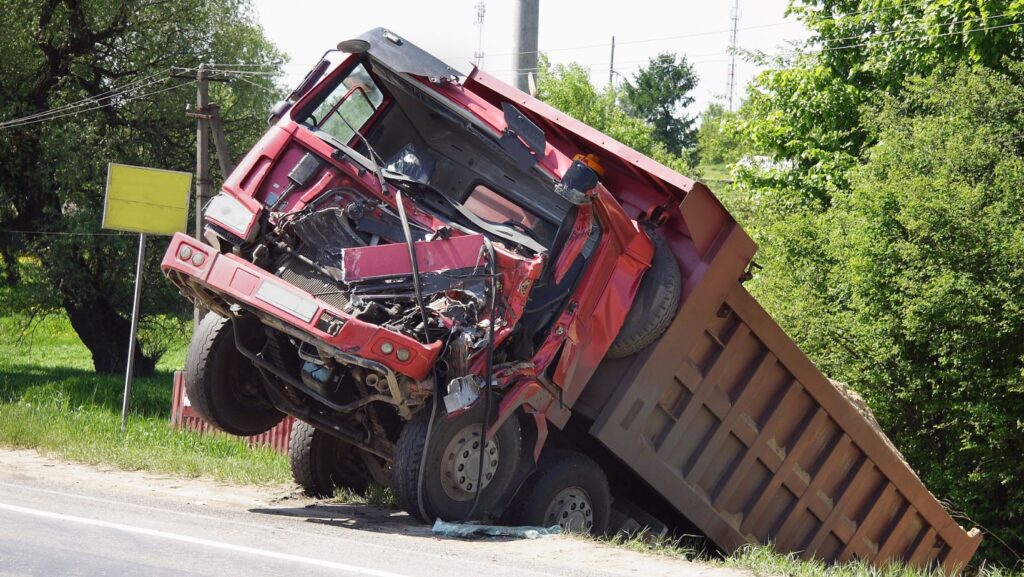Truck accidents in Denver can present unique challenges due to the city’s specific regulations and legal considerations. Victims involved in these accidents need to be aware of the local rules that may affect their claims, as this can significantly impact the outcome of their cases. Denver truck accident lawyers are well-versed in these regulations, offering essential guidance to ensure victims understand their rights.
Denver, a city in the heart of Colorado, boasts a population of over 700,000 people and serves as a major hub for industries such as energy, technology, and aerospace. This bustling economic activity means that commercial trucks are frequently on the roads, making it crucial for victims to navigate the rules effectively. This post will explore the Denver-specific rules truck accident victims should remember.
Comparative Negligence in Colorado
One important rule for truck accident victims to know is Colorado’s comparative negligence law. This law dictates that victims can still recover compensation if they are not more than 50% at fault for the accident. If victims share responsibility, their compensation may be minimized by the percentage of fault assigned to them.
For example, if a victim is found to be 20% at fault, their reimbursement will be reduced by 20%. This makes it essential to gather strong evidence demonstrating the fault of the truck driver or other responsible parties.
Statute of Limitations
Like the rest of Colorado, there is a strict deadline or time limit for filing a truck accident lawsuit in Denver. Those affected normally have two years to file a personal injury compensation claim from the accident date. This period may be extended to three years if the claim also involves property damage.
Failing to file within this window could result in losing the right to pursue compensation. Acting quickly after an accident is important to meet all legal deadlines.
Mandatory Reporting of Truck Accidents
Denver has specific rules regarding the reporting of truck accidents. Any accident resulting in injury, death, or profound property destruction must be reported to law enforcement immediately.
This report is critical evidence in any legal proceedings or insurance claims.
Victims should ensure that the police are called to the accident scene so that an official report can be filed.
Insurance Requirements for Commercial Trucks
Colorado requires commercial trucks operating within the state to carry more insurance than passenger vehicles. This entails coverage for bodily injury, property damage, and sometimes additional coverage for specific cargo.
For victims, this often means that higher compensation may be available through the truck driver’s or company’s insurance policy. However, handling insurance companies can be intricate, so understanding the available coverage and how to approach negotiations is crucial.
Denver-Specific Road Conditions and Truck Regulations
Denver’s unique road conditions, including mountainous terrain and unpredictable weather, often contribute to truck accidents. Drivers must comply with regulations for these conditions, such as tire chains in winter or restrictions on certain roads.
Truck drivers who fail to adhere to these local regulations may be held liable for any accidents. Victims should be aware of these factors when building a case, as they could provide crucial evidence of negligence.
Being familiar with these Denver-specific rules can help truck accident victims strengthen their claims and ensure they are fully compensated for their losses. Each regulation plays a key role in handling cases, making it vital to address all aspects thoroughly.


